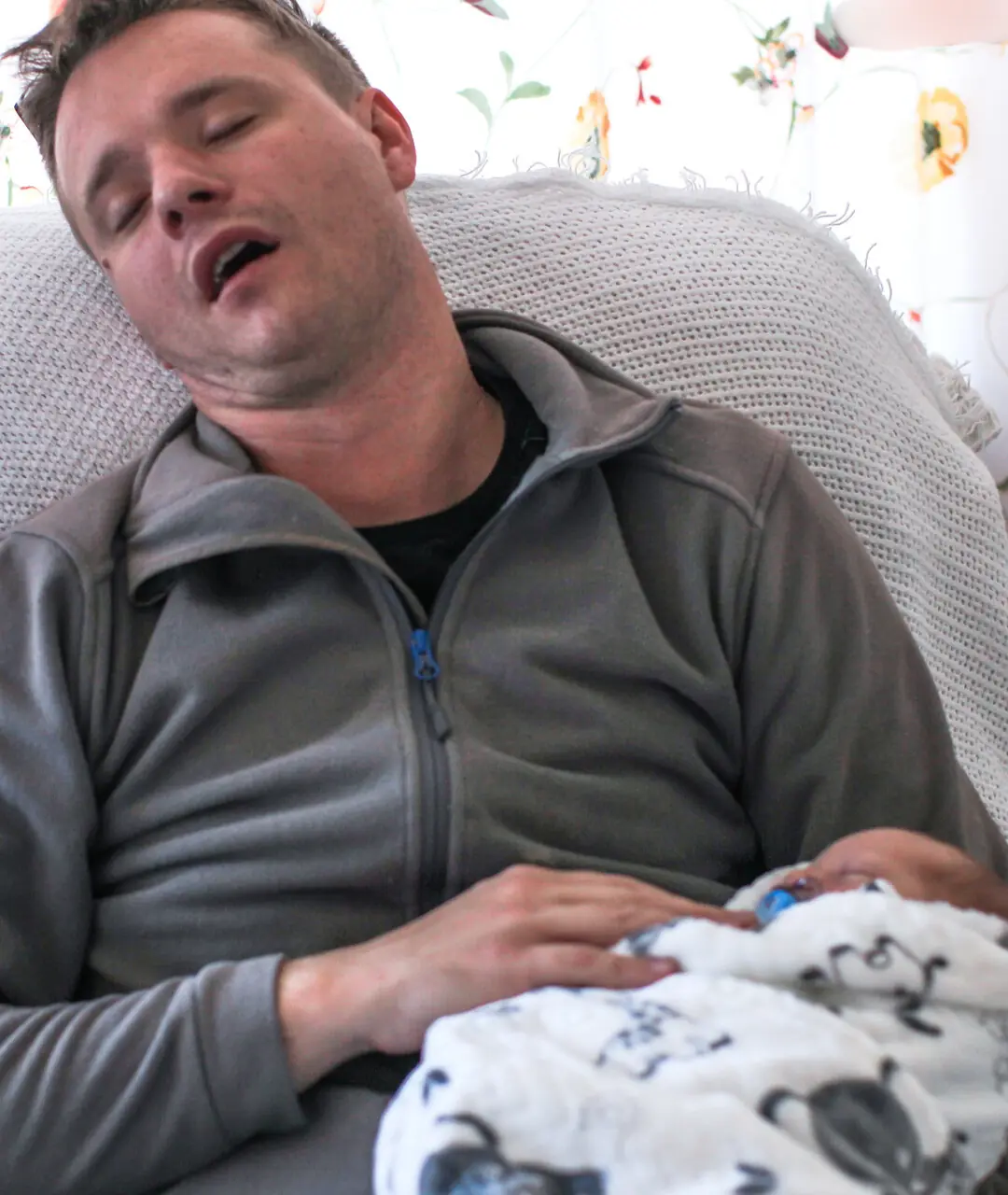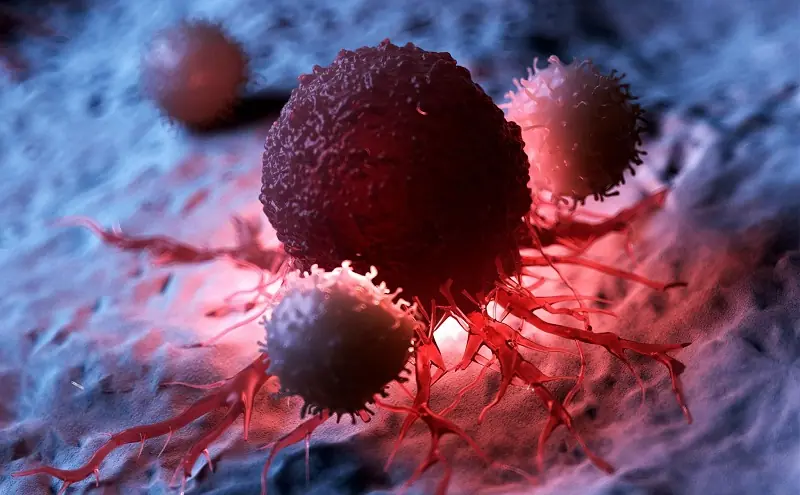
Symptoms of prostate cancer explained as study reveals how often men should ejaculate per month to prevent it

Frequent Ejaculation May Help Lower Risk of Prostate Cancer, Study Suggests
Cancer is one of the leading health concerns in the United States, with estimates indicating that four in ten Americans will be diagnosed with some form of the disease in their lifetime. As a result, preventative health measures are more crucial than ever. While eating a balanced diet, staying physically active, and protecting skin from UV damage are well-known ways to reduce cancer risk, new findings suggest that there’s another surprising way men might protect themselves: regular ejaculation.
A groundbreaking study conducted by researchers at Harvard University found a potential link between frequent ejaculation and a decreased risk of developing prostate cancer. According to the research, men who ejaculate 21 times or more per month may reduce their risk of the disease by as much as 20%.
Understanding the Prostate
The prostate is a small, walnut-shaped gland located just below the bladder and in front of the rectum. It plays a vital role in the male reproductive system, primarily by producing the fluid that nourishes and transports sperm in semen.
Prostate cancer is one of the most common cancers in men. While hearing the word "cancer" is undoubtedly unsettling, the prognosis for many men diagnosed with prostate cancer is optimistic. According to the American Cancer Society, only about 1 in 44 men diagnosed with the disease will die from it. As of today, more than 3.3 million men in the U.S. who were once diagnosed with prostate cancer are still alive.
What the Research Says
The Harvard study, published in European Urology in 2016, followed 31,925 men over an 18-year period, gathering data on their ejaculation frequency through three questionnaires distributed between 1992 and 2010.
The researchers stated:
“We found that men reporting higher ejaculatory frequency in adulthood were less likely to be subsequently diagnosed with prostate cancer.”
Importantly, the study suggests that frequent ejaculation may be particularly effective in preventing low-risk forms of the disease. The mechanism behind this protective effect isn’t entirely understood, but some scientists believe it could be due to the regular clearing of the prostate’s ducts, reducing the chance of inflammation or the buildup of potentially harmful substances.
Symptoms and Early Detection
Most early-stage prostate cancers are slow-growing and may not show noticeable symptoms. That’s why regular screening—especially for men over 50 or those with a family history—is critical.
When symptoms do appear, they typically involve urinary issues. These can include:
-
Increased frequency of urination, especially at night
-
Difficulty starting urination
-
Weak or interrupted urine flow
-
Blood in urine or semen
-
Pain or burning during urination or ejaculation
If the cancer spreads beyond the prostate, it may lead to:
-
Back or bone pain
-
Unexplained weight loss
-
Fatigue
-
Erectile dysfunction
-
Weakness or numbness in the legs or feet
Men experiencing any of these symptoms should consult a healthcare professional promptly.
Ejaculation and Other Health Benefits
While the primary focus of the Harvard study was on prostate health, other experts have pointed out additional benefits of regular ejaculation, particularly through masturbation.
German health provider Barmer Krankenkasse notes that masturbation may help promote better sleep by releasing endorphins that reduce stress and increase relaxation. Sex therapist Judith Golden supports this, telling Reader’s Digest: Best Health,
“Just like after sex with a partner, masturbation lowers blood pressure and boosts relaxation—making it a natural sleep aid.”
Taking a Holistic Approach
It’s important to view these findings as one piece of a much larger puzzle. Prostate cancer risk is influenced by various factors including age, genetics, lifestyle choices, and overall health.
According to the American Cancer Society:
-
One in eight men will be diagnosed with prostate cancer during their lifetime.
-
Over 35,000 men in the U.S. are expected to die from the disease in 2025.
-
African American men and men of Caribbean descent are at higher risk.
Other ways to reduce cancer risk include:
-
Avoiding tobacco
-
Limiting alcohol consumption
-
Maintaining a healthy weight
-
Exercising regularly
-
Eating a diet rich in fruits, vegetables, and whole grains
-
Attending routine screenings
The Bottom Line
While frequent ejaculation—21 times a month or more—may contribute to lower prostate cancer risk, it’s not a standalone solution. As with any health advice, moderation, consistency, and a comprehensive lifestyle approach are key. If you're concerned about your prostate health or cancer risk, talk to your doctor about appropriate screenings and preventative strategies.
News in the same category


The moment you change your perception is the moment you rewrite the chemistry of your body
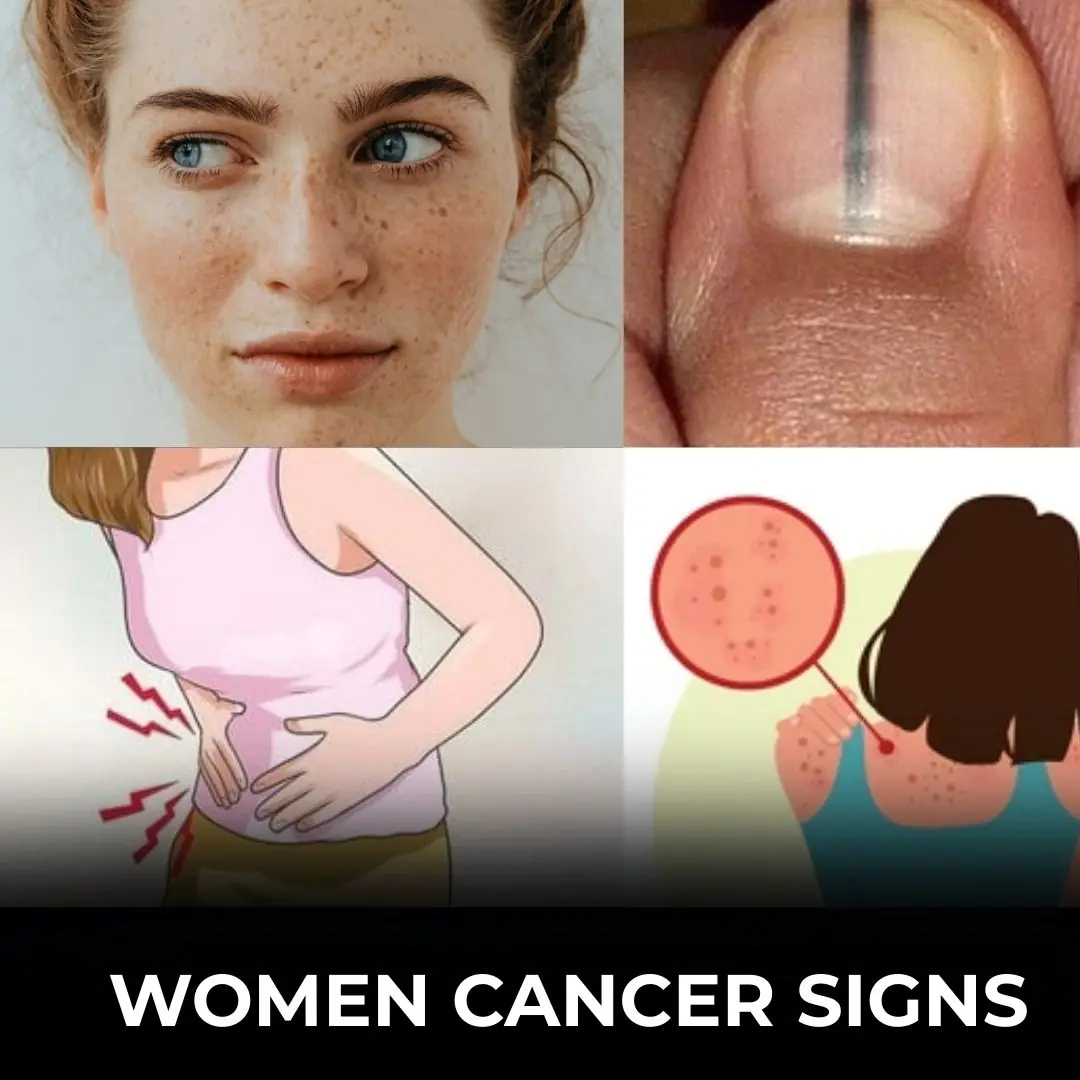
10 Cancer Warning Signs Women Often Overlook
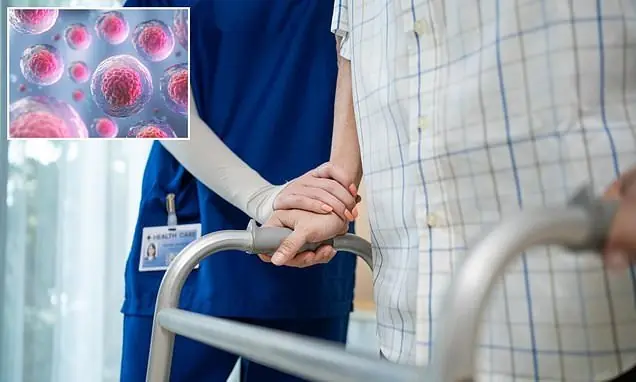
Paralysed man stands again after receiving ‘reprogrammed’ stem cells

🌿 Unlock the Secret Power of Guava Leaves: Transform Your Hair, Skin & Health Naturally
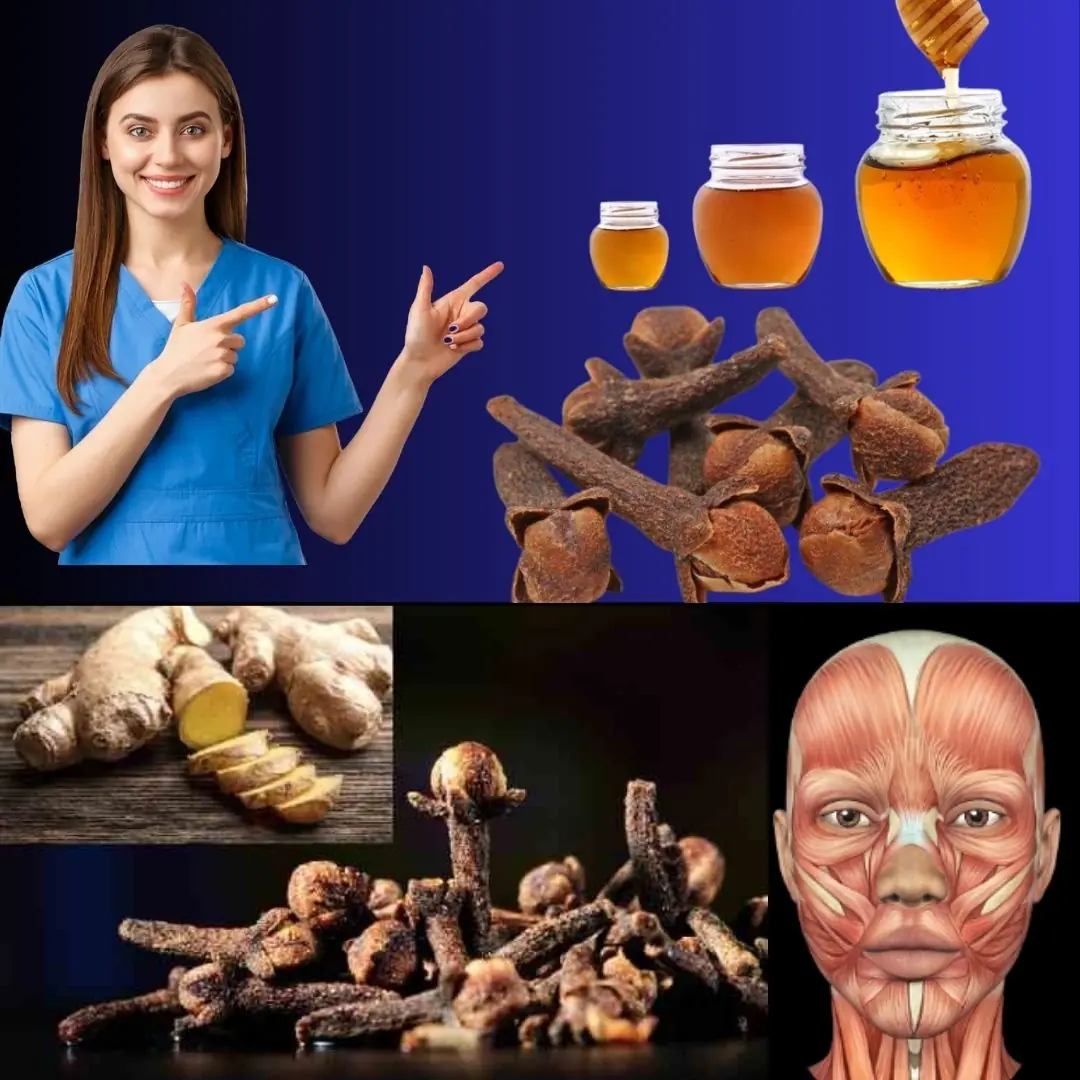
🍯🌿 18 Benefits: Mix Ginger with Cloves and Honey, You'll Thank Me for the Recipe!
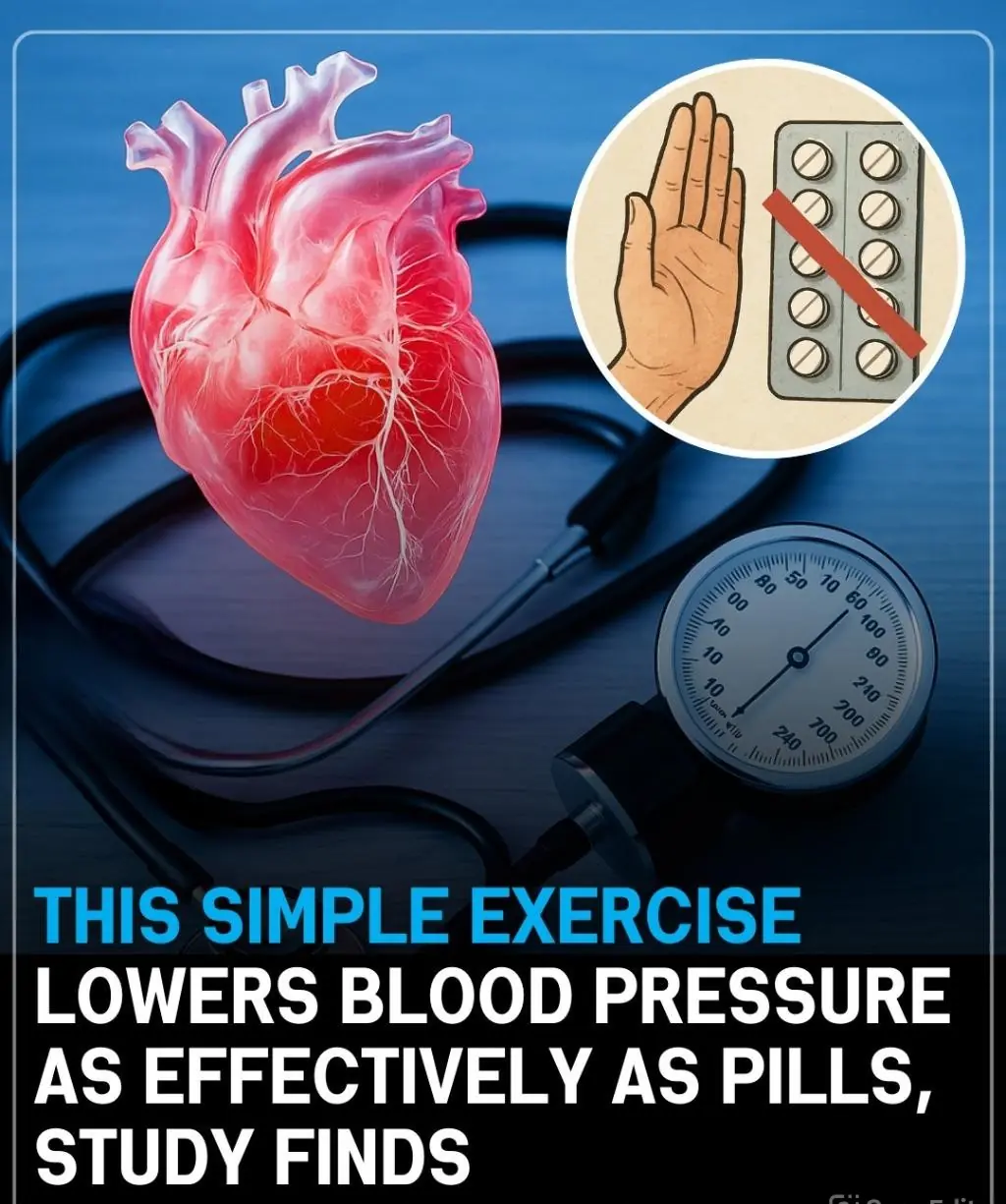
This Simple Exercise Lowers Blood Pressure as Effectively as Pills, Study Finds
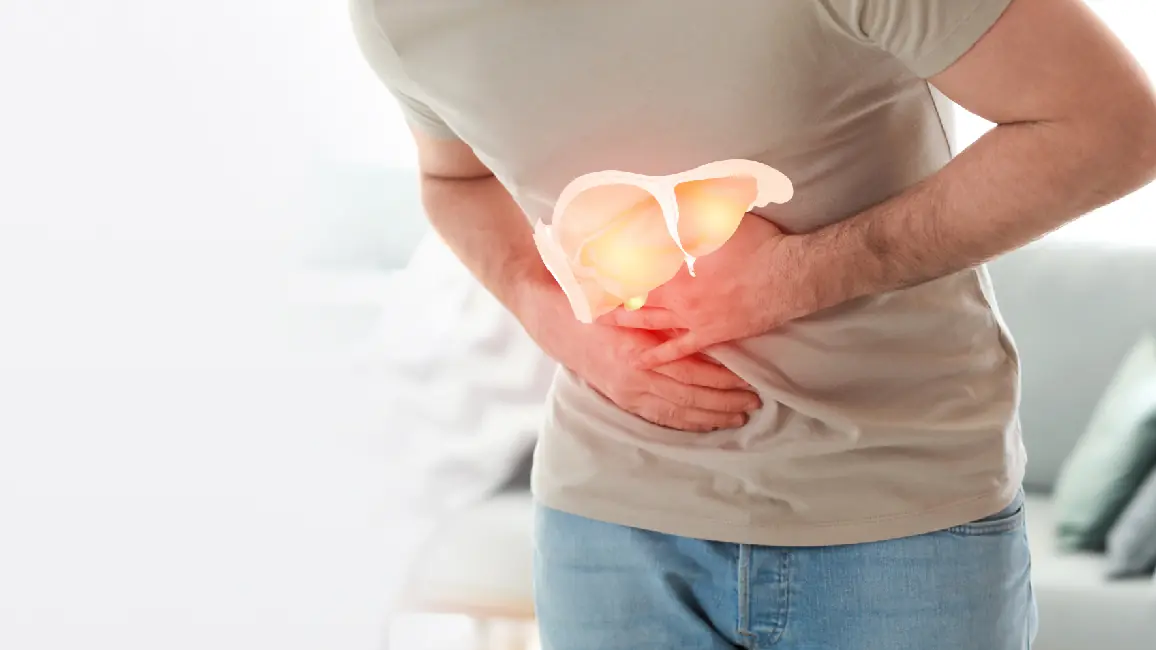
From Causes to Cures: Everything You Need to Know About Fatty Liver

Why Skipping Breakfast Could Be Harming Your Health: Hidden Dangers You Need to Know
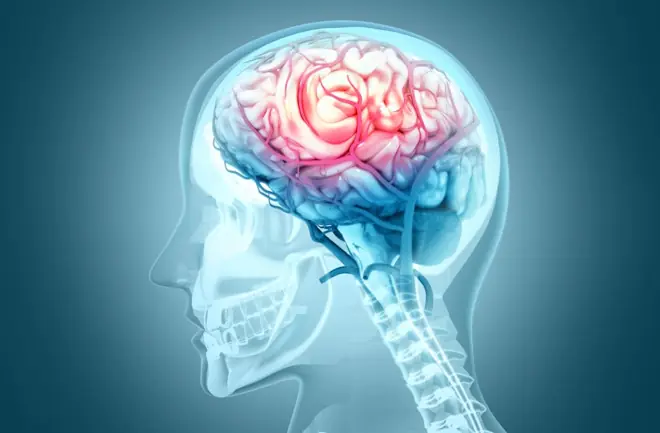
Recognizing the Warning Signs of a Stroke: Why Immediate Action Can Save Lives

Nurse Who Has Seen Over 100 People Die Reveals That Everyone Says The Same Thing Before They Pass

A 48-Year-Old Man Has Been Diagnosed With Stage 4 Cancer And Has Disclosed ONE Common Symptom That He Initially Overlooked
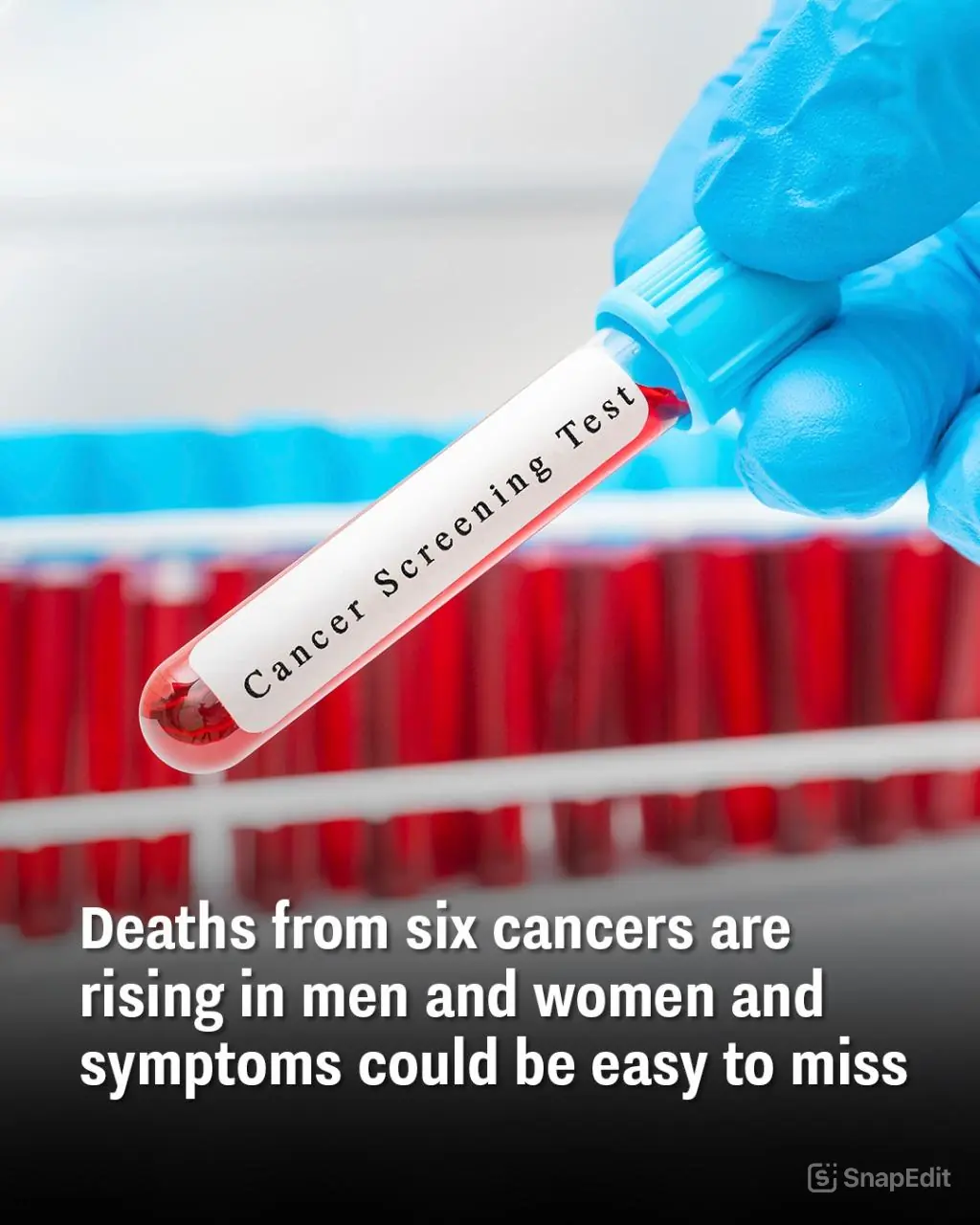
Deaths from six cancers are rising in men and women and symptoms mean they could be easy to miss
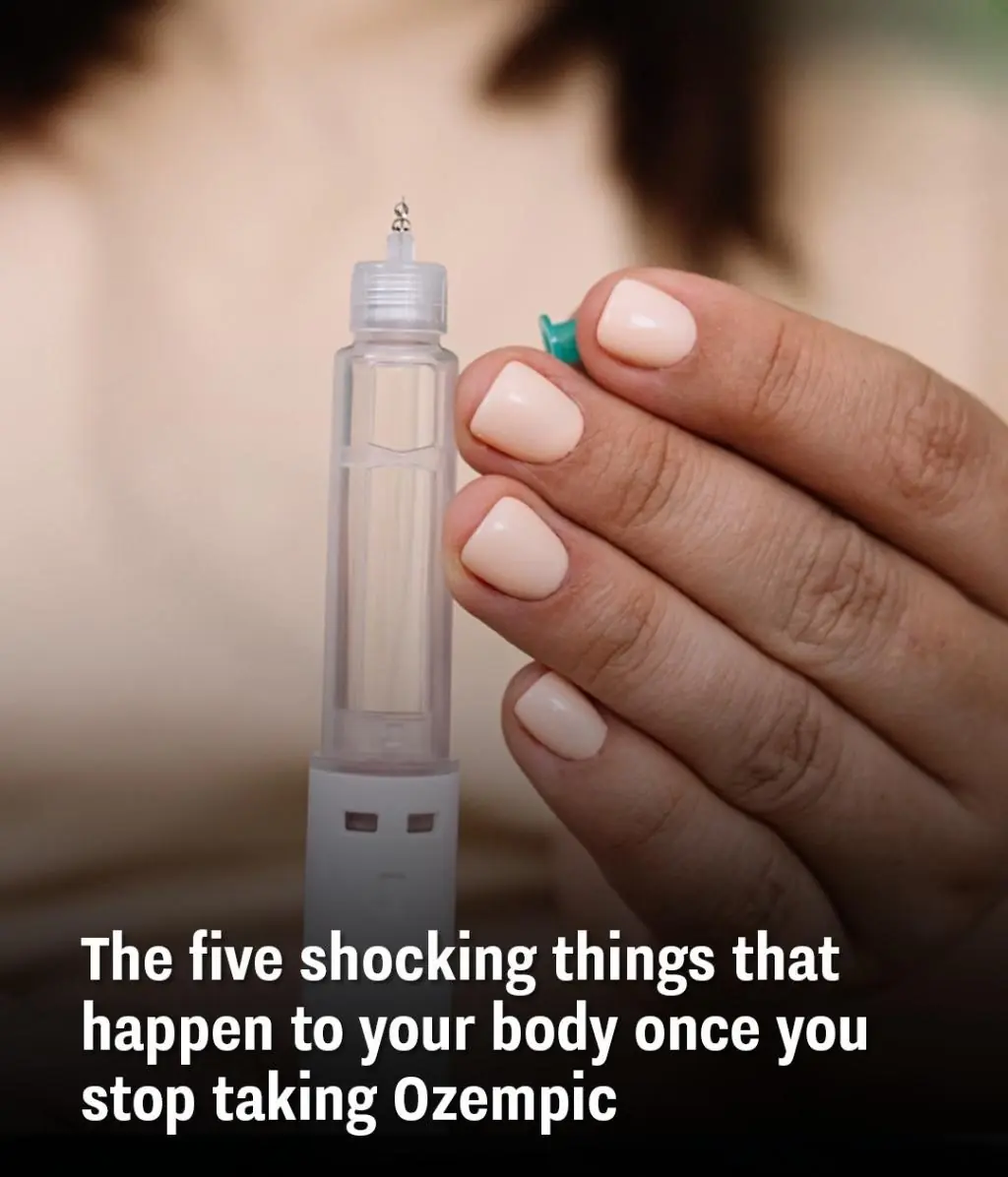
The five shocking things that happen to your body once you stop taking Ozempic
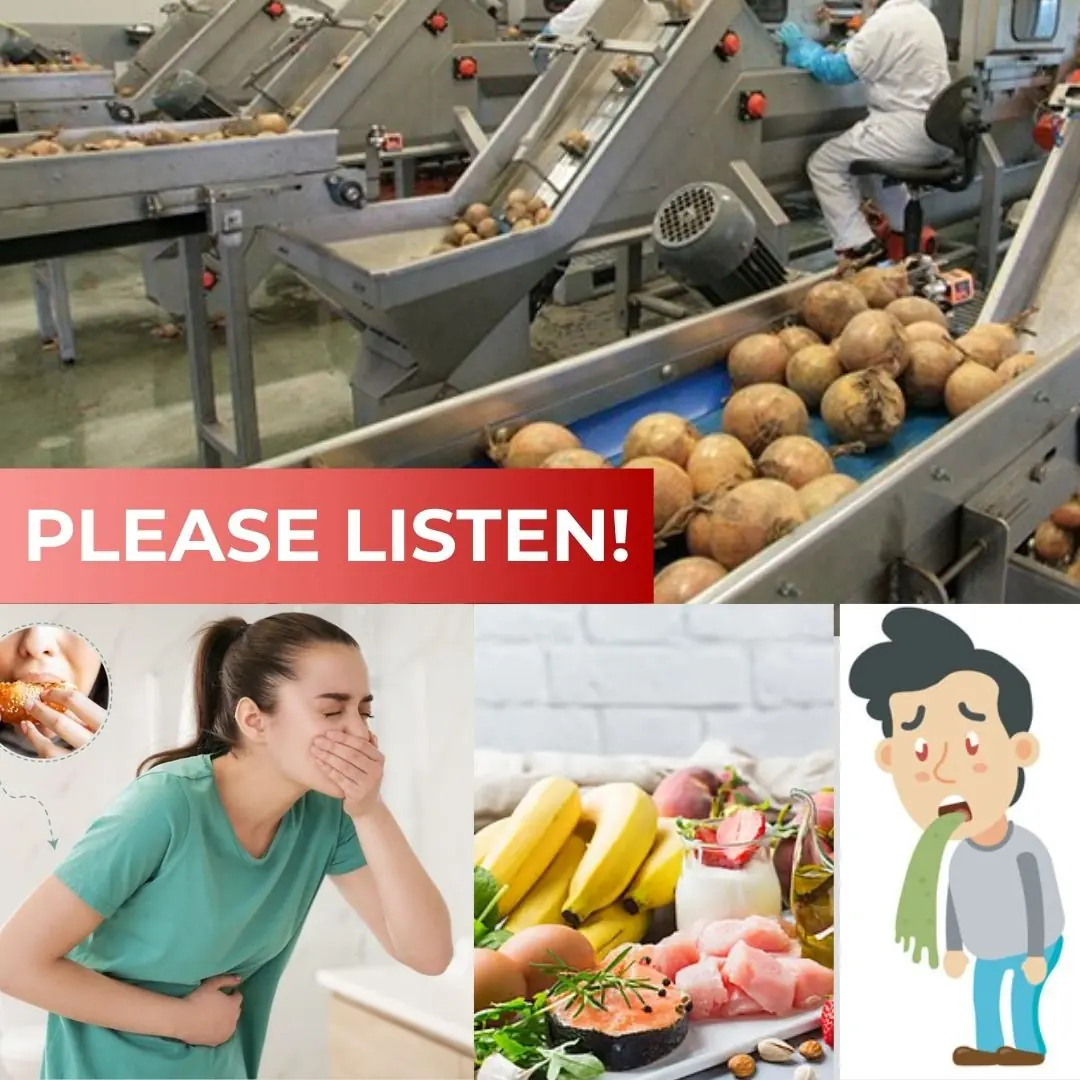
Barbara O'Neill: "I Pray You Never Eat These Foods Again"
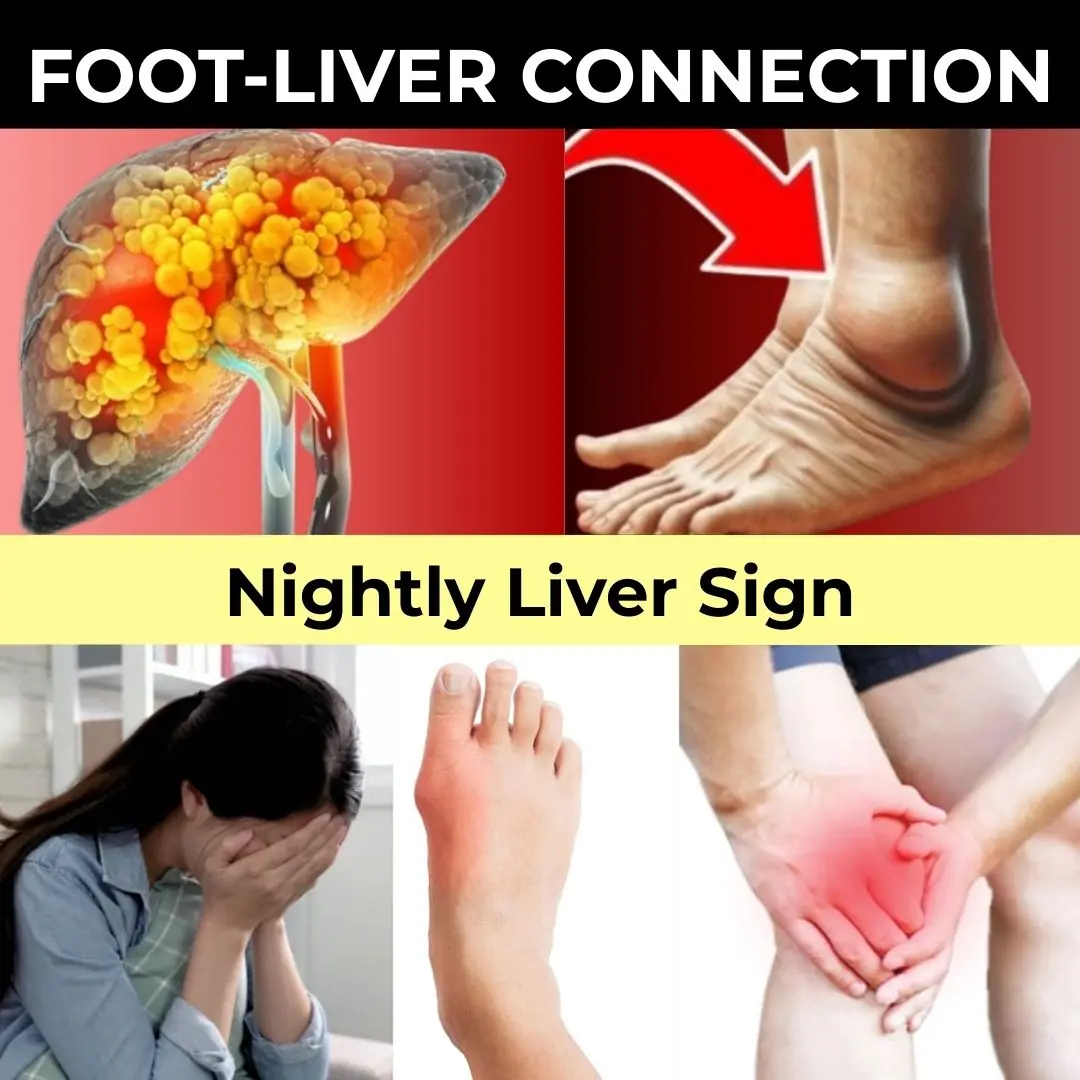
👣 12 Surprising Ways Your Feet Reveal Early Signs of Liver Disease
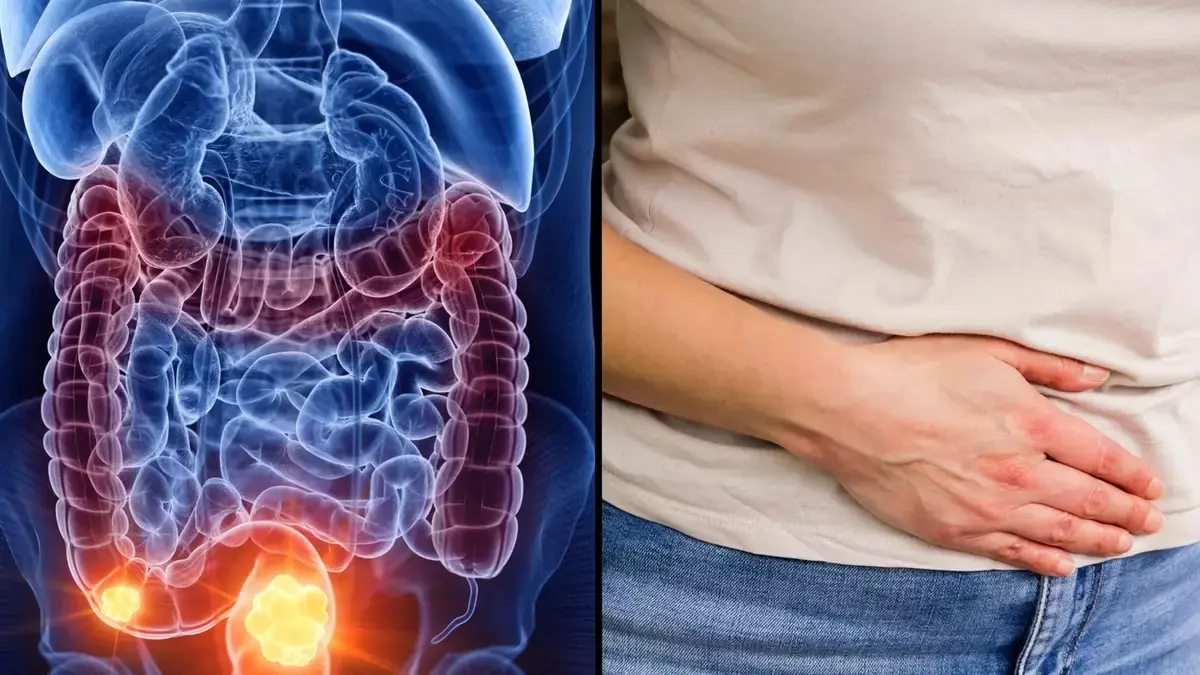
‘It’s A Common Theme’: Cancer Doctor Shares What She Regularly Sees In Her Patients Early On

Morning Routines That Keep The Mind Sharp Well Into Your 70s, According To Psychology
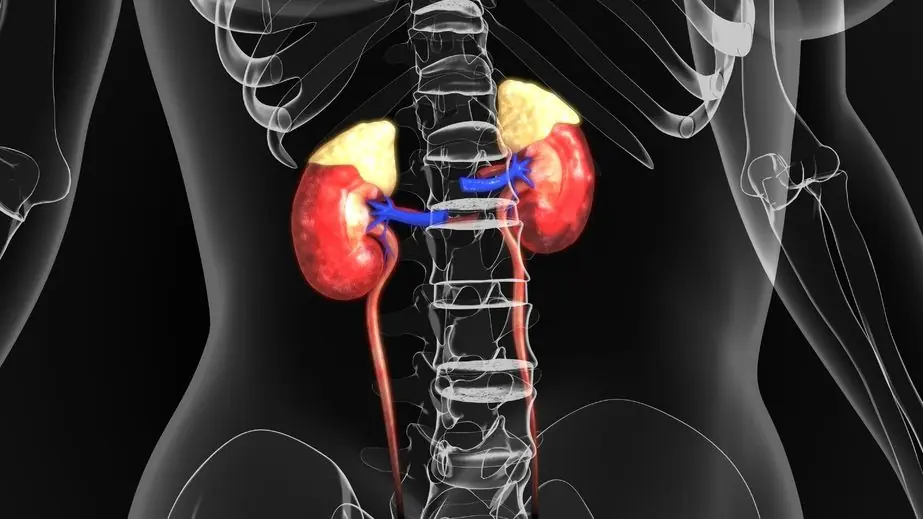
Recognize The Signs Of High Stress: 8 High Cortisol Symptoms
News Post

Unusual Morning Signs That May Warn of Cancer Risk

The moment you change your perception is the moment you rewrite the chemistry of your body

10 Cancer Warning Signs Women Often Overlook

Paralysed man stands again after receiving ‘reprogrammed’ stem cells

🌿 Unlock the Secret Power of Guava Leaves: Transform Your Hair, Skin & Health Naturally

🍯🌿 18 Benefits: Mix Ginger with Cloves and Honey, You'll Thank Me for the Recipe!

This Simple Exercise Lowers Blood Pressure as Effectively as Pills, Study Finds

From Causes to Cures: Everything You Need to Know About Fatty Liver

Why Skipping Breakfast Could Be Harming Your Health: Hidden Dangers You Need to Know

Recognizing the Warning Signs of a Stroke: Why Immediate Action Can Save Lives

Nurse Who Has Seen Over 100 People Die Reveals That Everyone Says The Same Thing Before They Pass

A 48-Year-Old Man Has Been Diagnosed With Stage 4 Cancer And Has Disclosed ONE Common Symptom That He Initially Overlooked

Poisoned Easter Eggs Sent To Ex’s New Family — 7-Year-Old Passed Away

Deaths from six cancers are rising in men and women and symptoms mean they could be easy to miss

The five shocking things that happen to your body once you stop taking Ozempic

My Son Helped a Blind Old Man Pay for His Groceries – Today, a Convoy of Black SUVs Pulled Up to Our House

Granddad Forbids Anyone from Touching His Old Mattress, Girl Finds Stash There after His Death

My Stepmom and Her Adult Kids Changed the Locks After My Dad's Funeral – But My Mom Had the Final Word
